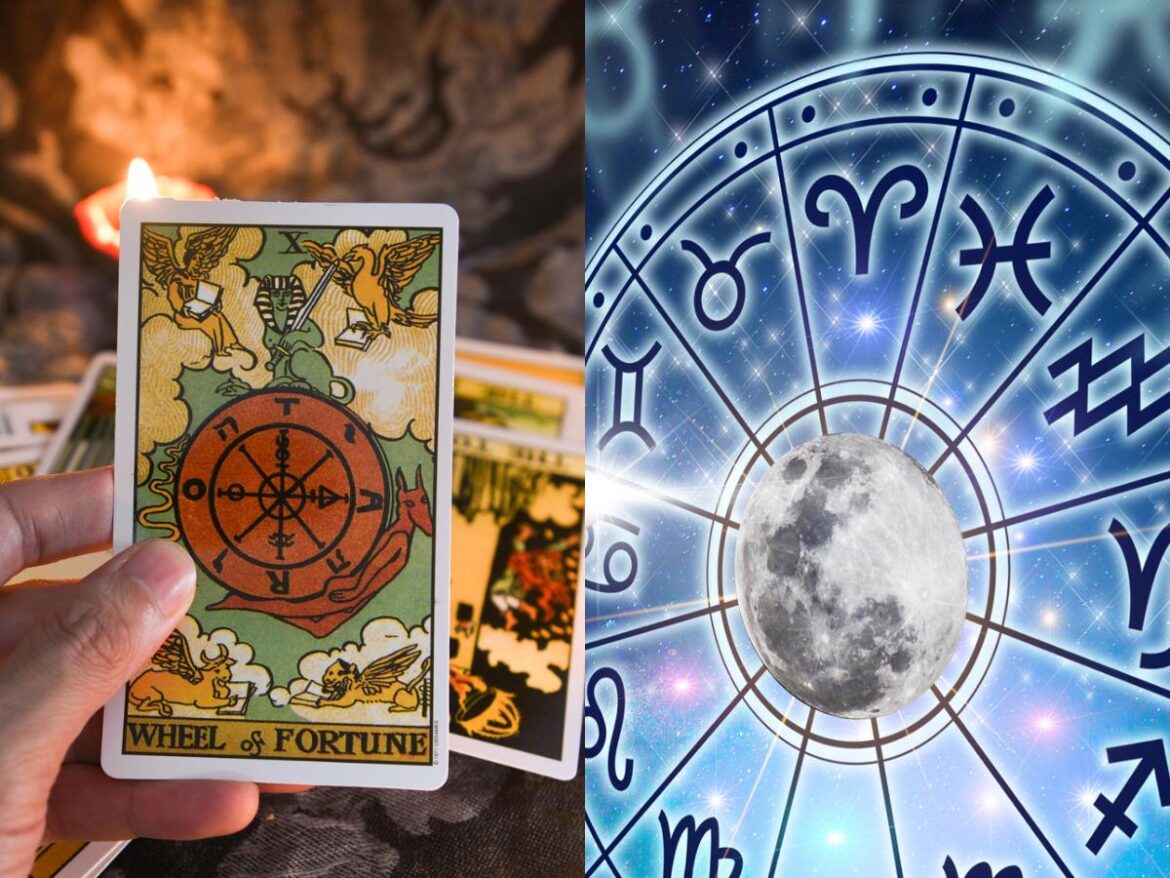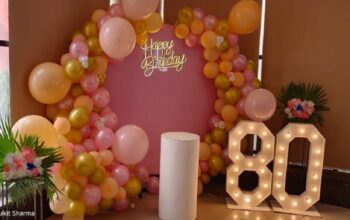Tarot cards and Oracle cards are both types of divination tools used for seeking guidance and self-discovery. While they both serve similar purposes, there are some key differences between the two that make them unique.
What exactly are Oracle cards, and why use them?
Oracle cards are a type of divination tool that typically consists of a deck of cards with a variety of different images and messages. The user shuffles the deck and selects a card, which they then interpret based on their own personal understanding or through the guidance of a reader. Oracle cards are often more open-ended and flexible in their interpretation, as they do not have a set structure or symbolism like Tarot cards do.
One reason to use Oracle cards is that they can be more accessible and user-friendly for those who are new to divination. They often come with a guidebook that provides some basic definitions and suggested interpretations for each card, making it easier for beginners to get started. Oracle cards can also be more versatile in their use, as they can be tailored to focus on a specific area of life or issue, such as relationships, career, or personal growth.
What exactly are Tarot cards, and why use them?
Tarot cards are a type of divination tool that consists of a deck of 78 cards, divided into the Major Arcana and Minor Arcana. The Major Arcana consists of 22 cards that represent significant life events and experiences, while the Minor Arcana consists of 56 cards that represent everyday concerns and events. Each card has its own unique symbolism and meaning, which the user can interpret based on their own understanding or with the guidance of a reader.
One reason to use Tarot cards is that they can provide a more in-depth and structured reading. The symbolism and structure of the Tarot can provide a framework for understanding and interpreting the messages and guidance contained within the cards. Tarot is also part of an ancient tradition of divination, with roots dating back to 15th century Europe, making it a rich and well-established practice.
Should you start with Oracle or Tarot cards?
For those who are new to divination, it can be helpful to start with Oracle cards, as they are generally more beginner-friendly and user-friendly. Oracle cards often come with a guidebook that provides basic definitions and suggested interpretations for each card, making it easier for beginners to get started. Additionally, Oracle cards are more open-ended and flexible in their interpretation, allowing the user to tailor the reading to their specific needs and interests.
Tarot cards, on the other hand, have a more structured and symbolic system that can take some time to learn and understand. While Tarot can provide a more in-depth and structured reading, it may be more intimidating or overwhelming for those who are new to divination. However, once a person becomes more familiar with the symbolism and structure of Tarot, they may find it to be a more powerful and effective tool for self-discovery and guidance.
Tarot cards have a set structure, and Oracle cards are more free-flowing.
One of the main differences between Tarot and Oracle cards is the structure and symbolism of the cards. Tarot cards have a set structure with 78 cards divided into the Major Arcana and Minor Arcana, each with its own unique symbolism and meaning. This structure provides a framework for interpreting the cards and understanding their messages.
Oracle cards, on the other hand, do not have a set structure or symbolism. As per the experts at Trusted Psychics, “They typically consist of a deck of cards with a variety of different images and messages, and the user is free to interpret the cards in their own way.” This lack of structure can make Oracle cards more open-ended and flexible in their use.
In conclusion, Tarot cards and Oracle cards are both useful tools for self-discovery and seeking guidance. Ultimately, it is up to the individual to decide which type of divination tool works best for them and their needs. You can use learning resources for psychic readings to get the right guidance and support.




